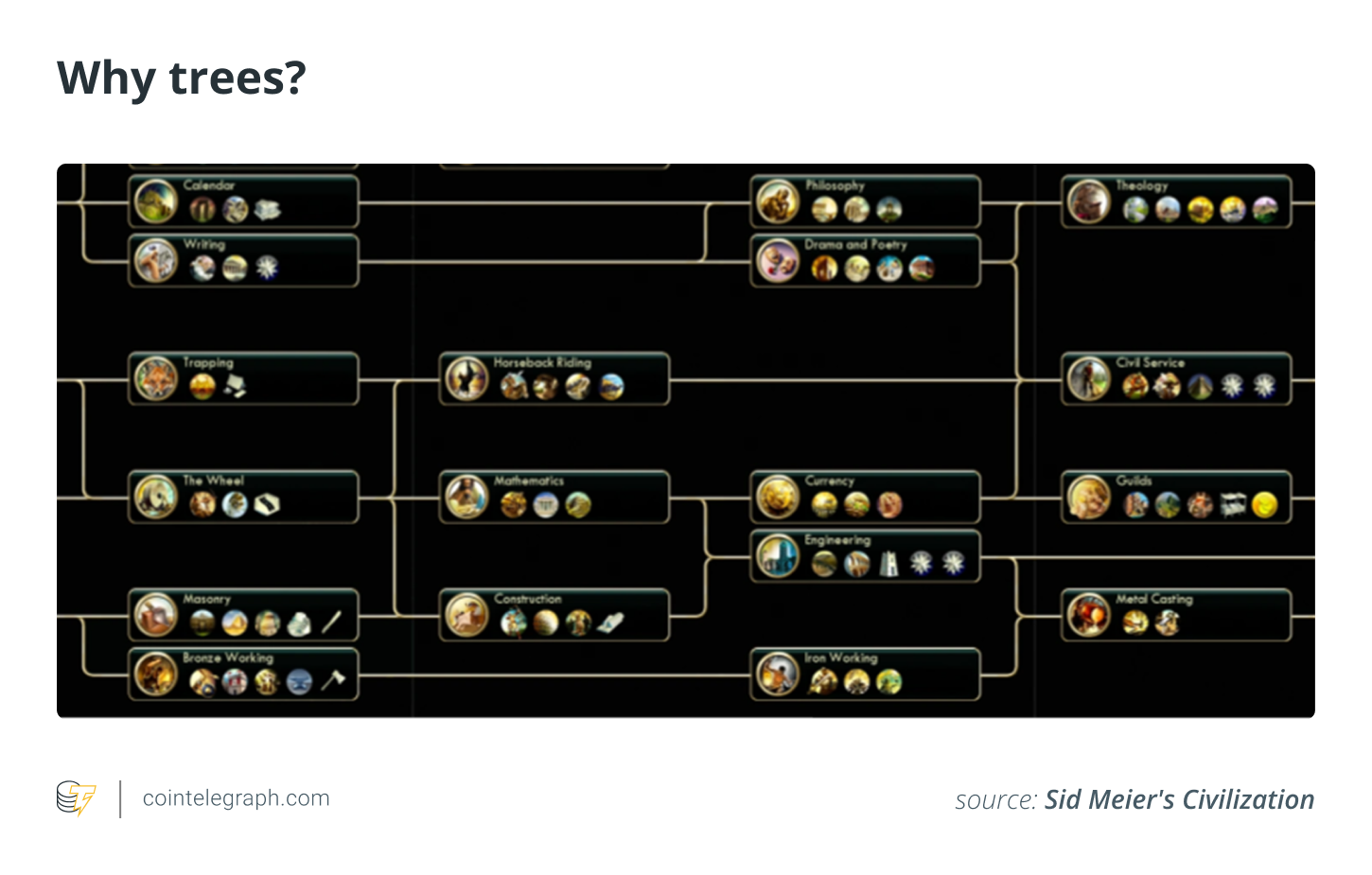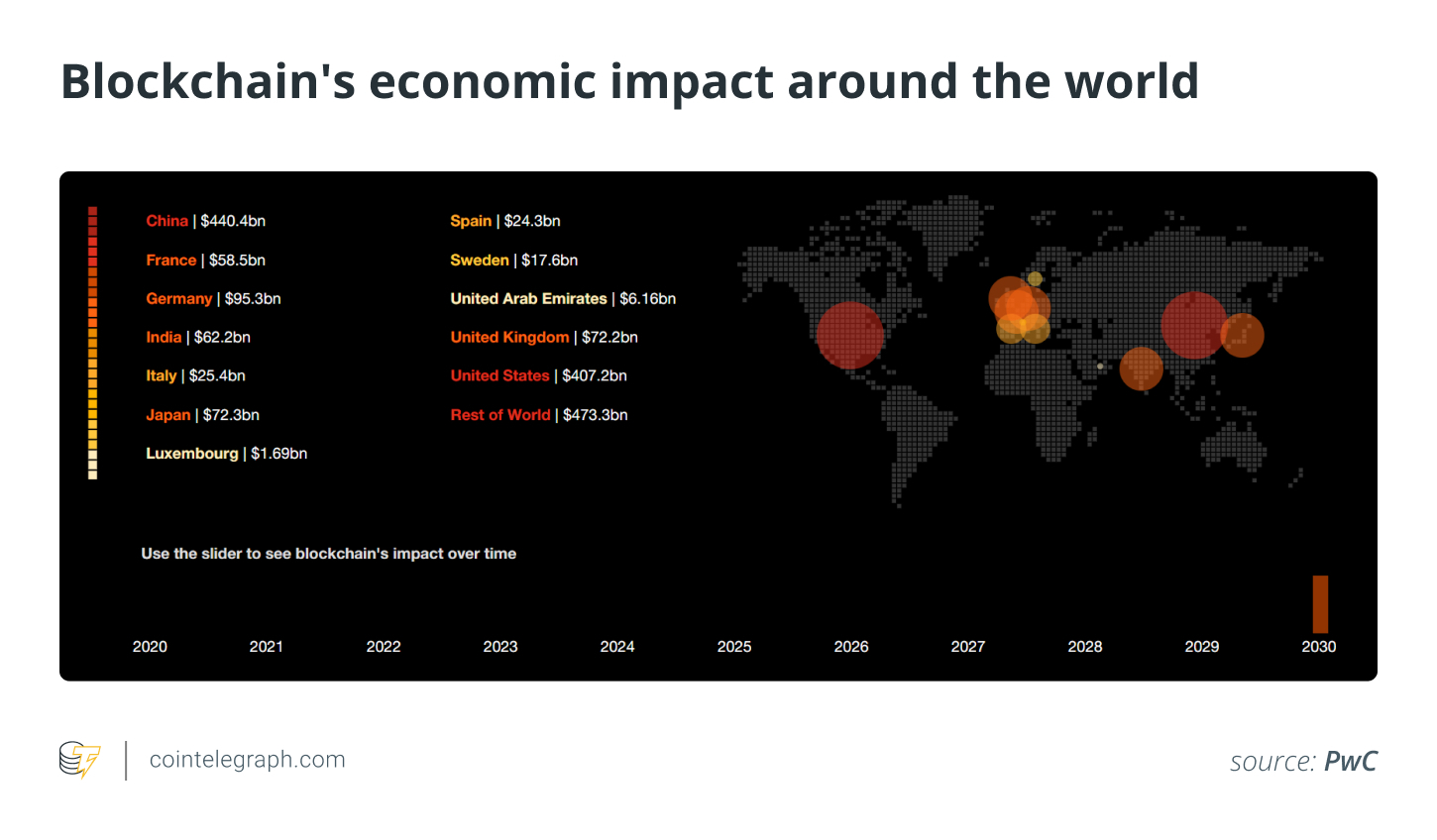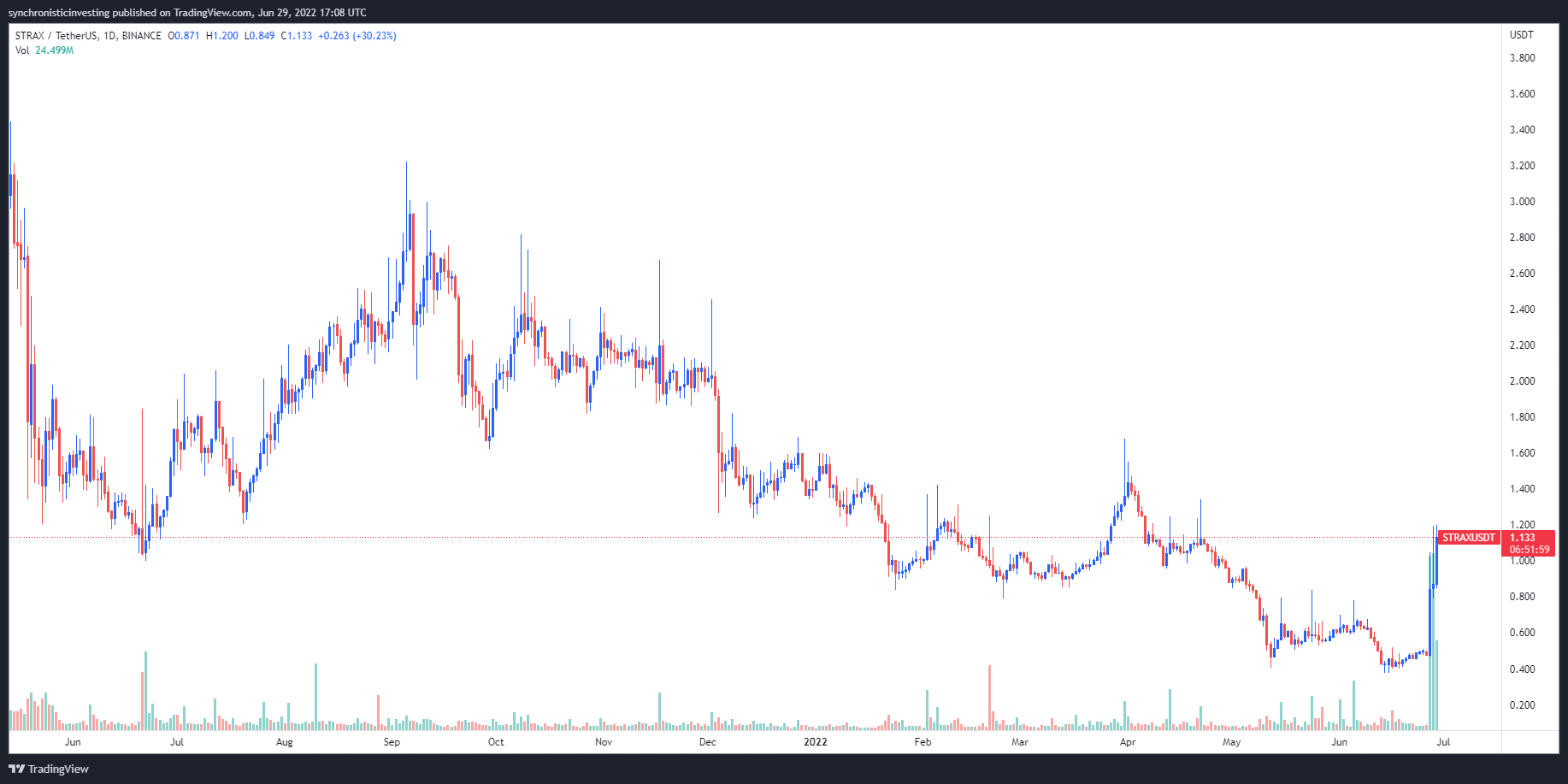On the fourth day of the World Economic Forum (WEF), there was a lot of discussion about the role of women in Web3 as well as how the decentralized ecosystem can be a place for inclusion.
Half of all crypto investments are made by women than by men. To learn more about the solutions we can put in place to make women part of the digital revolution, join us at #WEF22 @KristinaLCorner @sarahendline @Billwrightv @nicolamen @srolondon https://t.co/jBbiauzSWi pic.twitter.com/xWlhqv5p5m
— The Female Quotient (@femalequotient).
May 25, 2022
Kristina Lucrezia corner, editor-in-chief at Cointelegraph, moderated a panel entitled “Why Web3 needs women at the Forefront”, which was attended by Sandra Ro, Global Blockchain Business Council CEO Sandra Ro and Sarah Endline from Harvard Business School. Bill Wright, Head of Splunk’s Government Relations, moderated the discussion.
The panelists spoke out about the role of women in the crypto and web3 space. They highlighted the contributions of women to the space. Meta VP suggested that Satoshi Nakamoto, the creator of Bitcoin, who is still pseudo-anonymous to this day could very well have been a woman. She elaborated:
“I will give one to you Satoshi Nakamoto. I mean, we all assume it’s male right? It could be a woman, but it’s only a name.
Corner stated that she believes Bitcoin’s creator ( BTC ) is a group made up of males as well as females, and not an individual.
Panelists also discussed current challenges facing women and what could be done to improve them. Sandra Rao, CEO of GBBC, highlighted the increasing contribution of women to the nonfungible token market and raised concerns about the absence of women in crypto trading. She elaborated:
“While NFT Domain has had a large number of women participants, crypto trading is definitely concerning me because it lacks women representation.”
She also stressed the importance of creating an environment to allow women to participate in crypto trading.
Similar: WEF 2020: In discussions about carbon emissions and crypto, trust and clarity are lacking.
Splunk’s Government Relations Head Bill Wright believes that web3 and blockchain spaces are inclusive by their nature. He is also the only male panelist. He stated:
I believe web3 by nature strives to be inclusive and that more people would benefit from it. Research has shown that different groups working together to solve a problem can come up with better solutions. ”
Panelists agreed that there has been a notable increase in female representation in decentralized settings over the years. They hope to see this proportion grow in the future.








